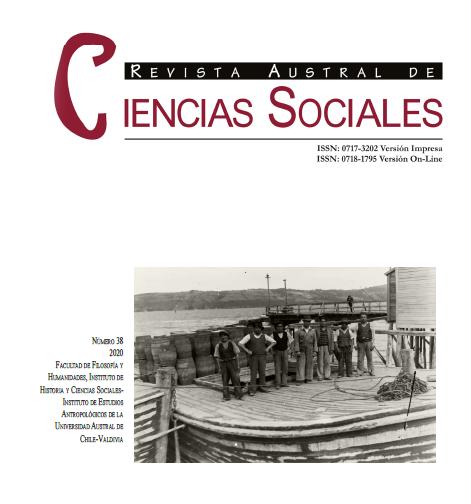Relationship Between Rural and Metropolitan Areas in Brazil According to the Dynamics of the International Market
Main Article Content
Abstract
In the history of capitalism, circulation on a global scale has caused transformations in markets and spatial interactions. One of the results of this process is the deepening of the spatial division of labor, which expresses in the form of both complex as well as specialized places. The latter is organized around the production of commodities from rural areas such as agriculture, livestock, mining, and forestry to satisfy the global demand, while the former shelters multiple agents and activities to operate different paths and intentions, a situation directly related to metropolitan areas. This work analyzes the form of current relations between rural areas specialized in commodity production and those metropolitan areas in Brazil where commercial and financial transactions related to that production are usually performed. We study the actions of companies specialized in foreign trade within the productive spatial circuits associated with globalized agriculture as well as their role in the metropolitan control of Brazilian territory. In other words, this article discusses the new dependency relations between urban and rural spaces in contemporary history.

